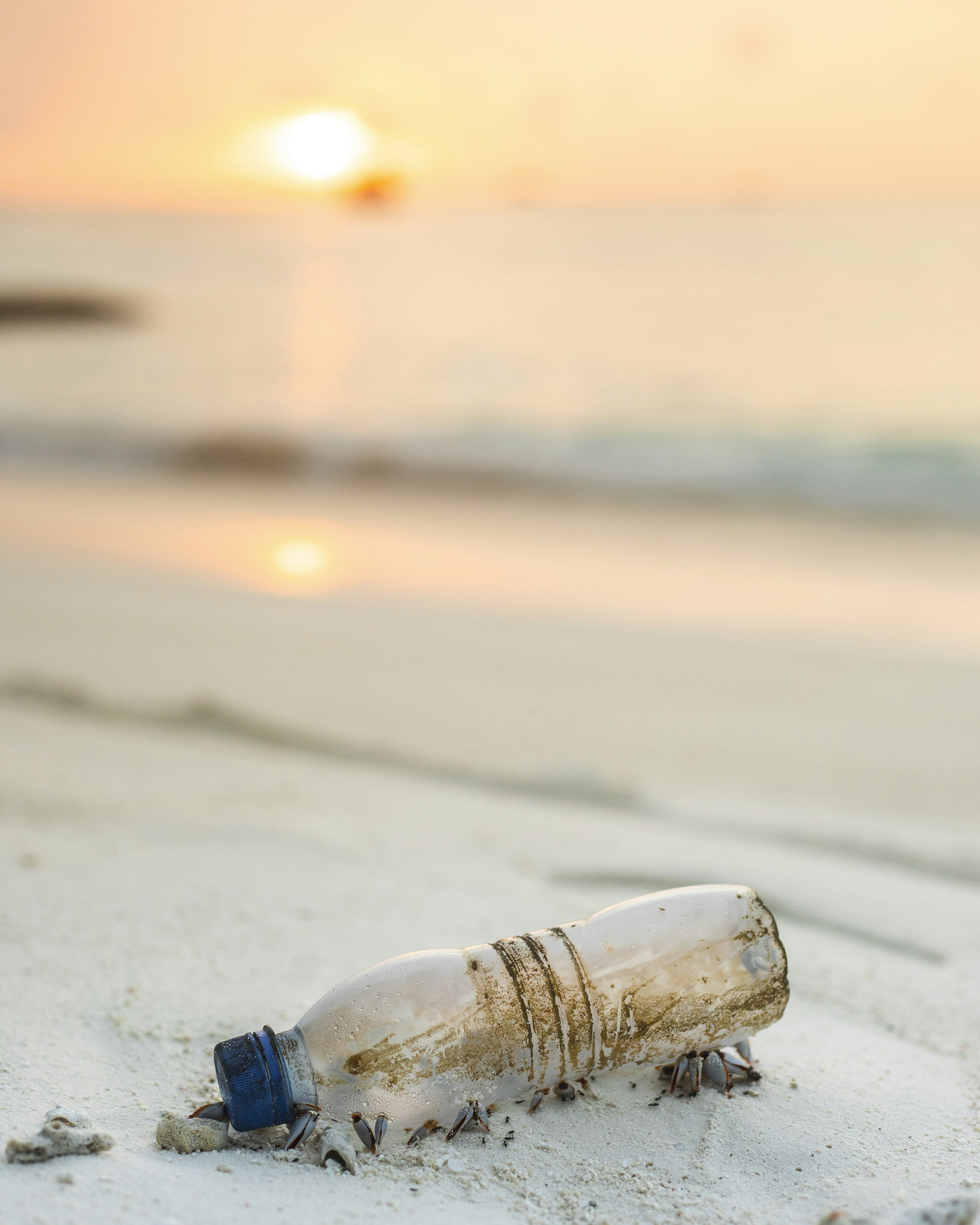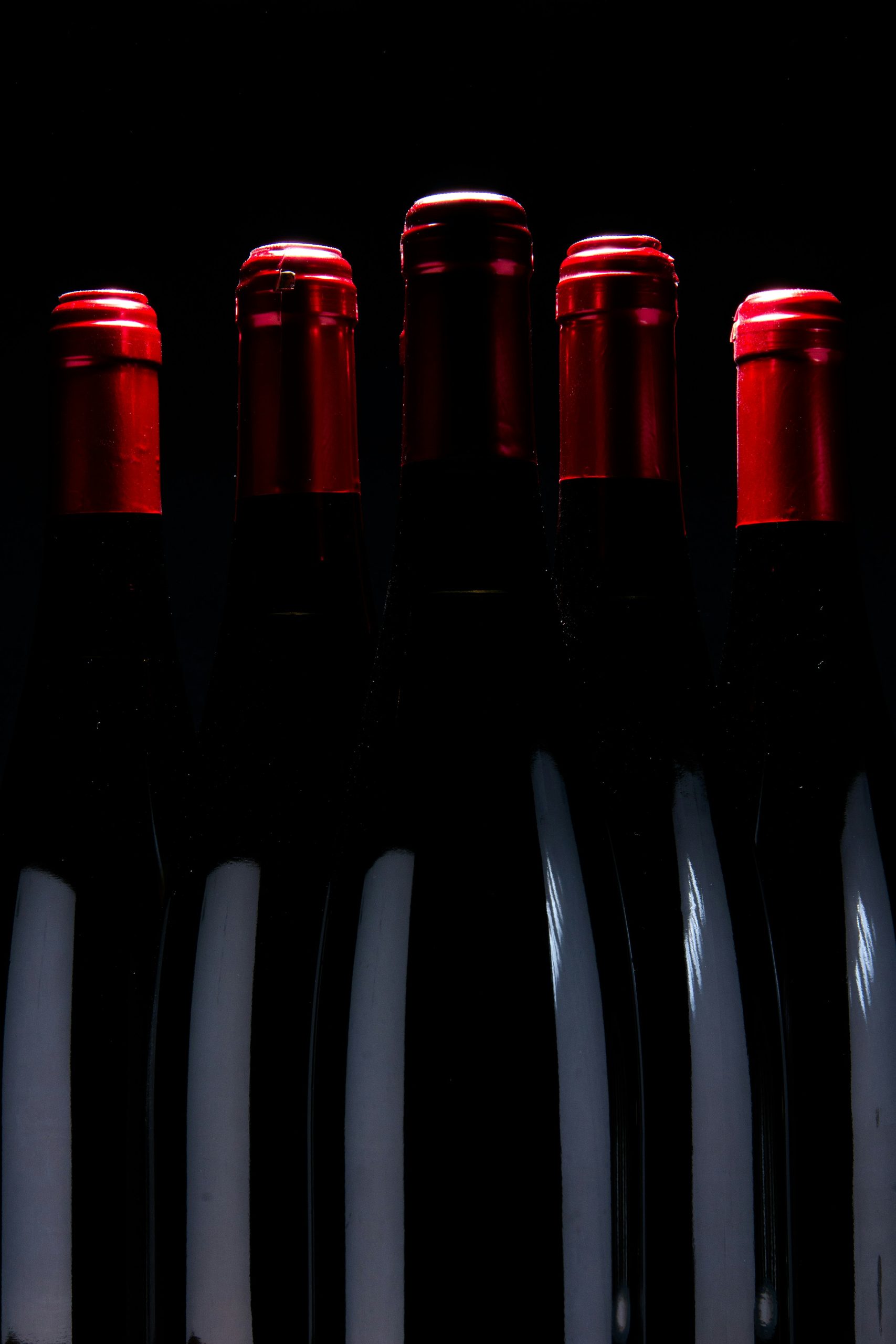When it comes to food storage, the age-old debate between glass jars and plastic containers is more relevant than ever. As sustainability becomes a priority for many households, people are reevaluating their choices in everyday items. Glass jars have gained popularity not just for their aesthetic appeal but also for their potential environmental and health benefits. But do they truly outshine plastic? Let’s dive into the pros and cons of each option to discover whether making the switch to glass is worth it!
The environmental impact of plastic vs. glass
Plastic pollution is a pressing issue facing our planet today. Single-use plastics, often found in kitchens and storage, contribute significantly to landfill overflow and ocean contamination. They take centuries to decompose, releasing harmful chemicals into the environment during their breakdown.
On the other hand, glass jars are made from natural materials like sand and soda ash. They are endlessly recyclable without losing quality or purity. When discarded properly, they can be repurposed rather than adding to waste.
Moreover, the production of glass typically has a lower carbon footprint compared to plastic when considering its lifespan and recyclability. While both options have environmental impacts during manufacturing, glass offers a more sustainable route for long-term use.
Choosing glass means supporting practices that protect ecosystems and reduce reliance on fossil fuels associated with plastic production. The choice becomes clearer when you consider what kind of legacy you want to leave behind for future generations.
Health concerns with plastic containers
Plastic containers have become staples in many kitchens, but they come with health risks that are hard to ignore. Many plastics contain harmful chemicals like BPA and phthalates. These substances can leach into food and beverages, especially when heated.
Studies suggest a connection between these chemicals and various health issues. Hormonal disruption is one major concern, potentially affecting everything from reproductive health to metabolism.
Another issue arises with the wear and tear of plastic over time. Scratches or stains may harbor bacteria that regular cleaning can’t eliminate effectively.
Moreover, frequent use of microwaves or dishwashers can exacerbate chemical release. The heat can break down plastic more rapidly, increasing exposure levels during meal prep or storage.
Awareness is crucial as consumers strive for healthier choices in their daily lives. The shift towards safer alternatives has never been more relevant than it is today.
Benefits of using glass jars for storage
Glass jars offer a multitude of advantages for storage. They provide an airtight seal, preventing moisture and air from spoiling your food. This feature significantly extends the shelf life of items like grains, spices, and leftovers.
Another benefit is their durability. Glass is less prone to scratching and staining compared to plastic. You won’t have to worry about lingering odors or unsightly marks that can come with frequent use.
Aesthetically pleasing, glass jars cream glass jar add charm to any kitchen space. Their transparency allows you to easily see contents without opening them up.
They are also eco-friendly. Unlike plastic containers, glass is fully recyclable and often made from sustainable materials. Using glass reduces waste and promotes a healthier planet for future generations.
Glass jars are versatile in usage—perfect for everything from pantry organization to creative DIY projects.
Creative ways to reuse and repurpose glass jars

Glass jars are a treasure trove of possibilities. They can transform your home with a touch of creativity.
Consider using them as stylish vases. Fill one with fresh flowers or dried herbs for an eye-catching centerpiece. You can even paint the exterior for a personalized flair.
Turn them into trendy candle holders by placing tea lights inside. The soft glow through the glass creates a cozy ambiance, perfect for any occasion.
Need organization? Use glass jars to store office supplies like pens and paper clips. Label each jar for easy access and an organized fashion workspace.
Another idea is to create mini terrariums. Layer pebbles, soil, and succulents within the jar to bring nature indoors without taking up much space.
They make excellent travel containers for snacks or drinks on-the-go. Just grab one before heading out!
Drawbacks of using glass jars for storage

Glass jars can be beautiful and versatile, but they do come with some drawbacks. For starters, they are considerably heavier than plastic containers. This weight can make them difficult to handle, especially for those who have limited strength.
Another issue is fragility. Glass jars are prone to breaking if dropped or mishandled. A single accident in the kitchen could lead to a mess and potential injury.
Their higher cost is also worth mentioning. While glass jars last longer than plastic options, their initial price tag can be a deterrent for budget-conscious shoppers.
Glass requires careful storage considerations. If not organized properly, it can take up more space compared to stackable plastic alternatives. These factors may influence your decision when choosing between glass and plastic for storage needs.
How to properly store food in glass jars
Storing food in glass jars is simple, yet effective. Start by choosing the right jar size for your needs. Smaller jars are perfect for snacks or spices, while larger ones work well for bulk items like grains.
Always ensure your glass jars are clean and dry before use. This prevents mold growth and keeps food fresh longer. When filling a jar, leave some space at the top to allow for expansion if needed.
For dry goods, consider adding an oxygen absorber to extend shelf life. For liquids or perishable items, make sure you seal them tightly with a lid that fits securely.
Label each jar with contents and date; this helps you keep track of freshness. Store them in a cool, dark place away from direct sunlight to maintain quality over time.
Remember that not all foods can be stored indefinitely even in glass jars; check regularly for any signs of spoilage.
Conclusion: Making the switch to glass jars for a healthier and more sustainable option
Switching to glass jars for storage offers numerous benefits that go beyond mere aesthetics. The environmental impact of plastic is significant, contributing heavily to pollution and waste. By choosing glass, you make a more sustainable choice that can help reduce your carbon footprint.
Health concerns tied to plastic containers are also hard to ignore. Chemicals from plastics can leach into food, posing potential risks over time. Glass jars eliminate this fear entirely, providing a safe option for storing everything from leftovers to pantry staples.
The versatility of glass jars makes them an attractive alternative as well. They come in various sizes and shapes, perfect for organizing any space in your home or kitchen. You can even get creative by repurposing old jars into unique planters or stylish candle holders.
While there are some drawbacks—like weight and fragility—these factors often pale compared to the advantages they carry in terms of safety and sustainability. With proper care, you can store food effectively in glass jars without compromising quality or flavor.
Embracing glass jar storage isn’t just a trend; it’s a step towards healthier living and environmentally conscious habits. Making this switch means prioritizing both your wellbeing and the planet’s health.


